-

Biodegradable in natural environment
Bio-Degradable
Eco-friendly and bio-degradable -

Eco Range Products
Compostable Bags
(Garbage Bags , Donas and Bowl) of various sizes

BIO Plastic
We are engaged in manufacturing and exporting a wide range of Compostable Bags, Garbage Bags and Pouches. The products manufactured by us are made up of quality raw material, which are procured from the most reliable vendors of the industry. Moreover, our products are checked by quality controllers, who ensure that these are defect free. Our products are available in various shapes and sizes to offer full packaging solutions.
100% Organic
Our bags are made from natural starch & vegetable oil derivatives which makes it a true organic product
100% Biodegradable
Our bags are certified by CPCB Government of India It also passes compostable bio-degradable test as per IS/ISO 17088
100% Ecofriendly
It contains no conventional plastic and non-toxic to the environment, animals and plants.

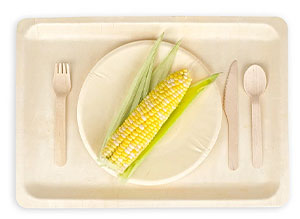
Bioplastics for a Better Life
We are Packaging Solution
The global plastic production is about 400 million ton per annum. Plantics is active in the global thermoset market. This industry’s compounded annual growth rate is 11.3% (2011-2016) with an estimated current valuation of €80Bn. Since the plastic industry is highly price driven, less than <0.4% of the 400 million ton per annum global plastic production is bio-plastic. Nevertheless, bio-plastic is currently one of the fastest growing material businesses worldwide.
Generally speaking, the packaging industry, our most relevant market, is estimated to grow at a rate of 4% in real terms till 2018. However, bio-based packaging is expected to grow at a CAGR of 33%1.
Bio-materials’ share of the packaging sector is expected to grow from 0.2% in 2013 to 2.4% by 2023. Driven by both bio renewability and biodegradability trends, the demand for bio-materials in packaging is expected to grow to about 9.45 million tpa by 2023.

Mission & Goals
The world's annual consumption of plastic materials has increased from around 5 million tons in the 1950s to nearly 100 million tones today. AnyPackaging mission is to replace plastic used in day to day use with a sustainable eco-friendly alternative.
What is BIO Degradable?
Our Technology
Our Product Range
Partner With US

Bio-Degradable Products
Introducing environmental protection technology for the first time in India

Compostable Product

Compostable Bag
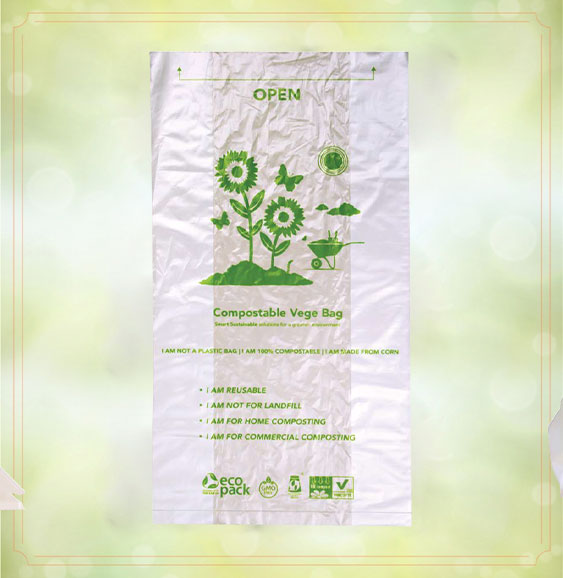
Garbage Bags
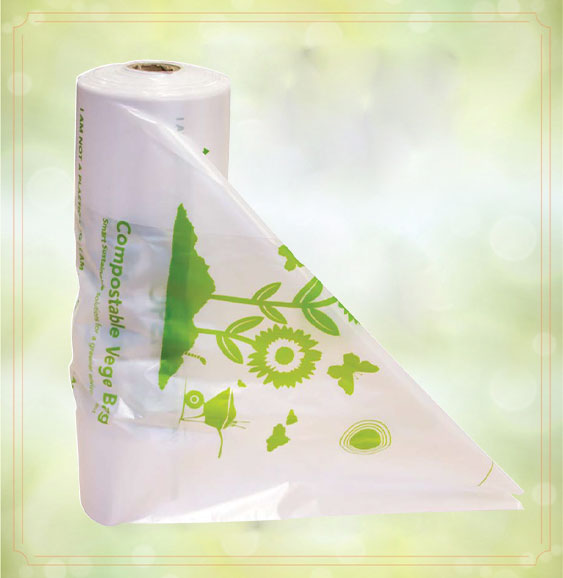
Compostable Product
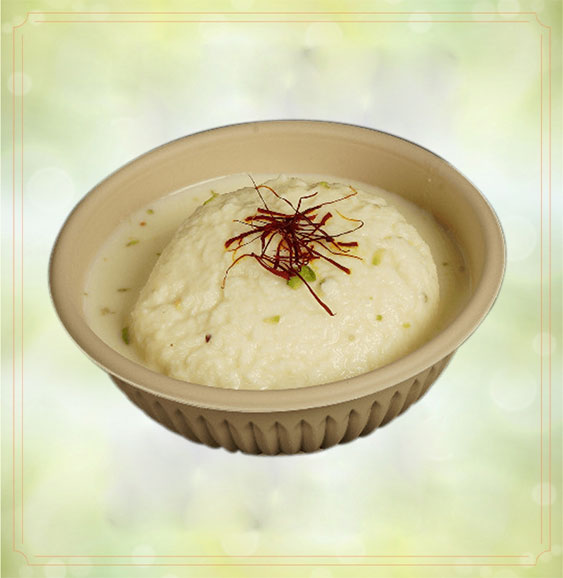
Compostable Product
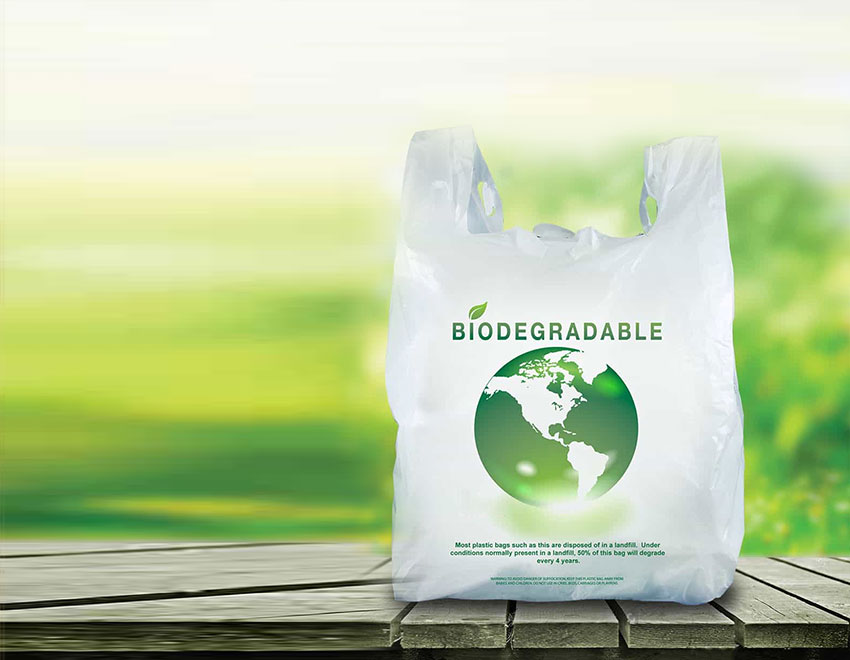
We now have an alternative for plastic
Let’s talk business
Together with strong market partners we develop and commercialize applications of our bio-material. The material is a polymer, the first thermoset bio-material that is fully biodegradable, compostable and 100% bio-based.
Any Packaging Provides
A strong and safe bio-material with 100% biodegradability and compostability, full non-toxicity (even when ingested or incinerated), flame retardancy, high chemical and heat resistance, it’s feedstock does not compete with food production, it’s low-cost and can compete economically with conventional oil-based plastics.
The competition
Non-degradable petroleum-based plastics and any other bio-materials or bio-plastics currently available are generally much more expensive than their petroleum-based plastic counterparts. This is due to the often high feedstock costs and/or costly (high-tech) production processes.
Discover profitable sustainability
Discover Plantics bio-materials
Eco-Friendly & Bio - Degradable
Contact Any Packaging
Call Us: +91 88602 88007/ +91 9818 666004
Write Us: info@anypackaging.com
